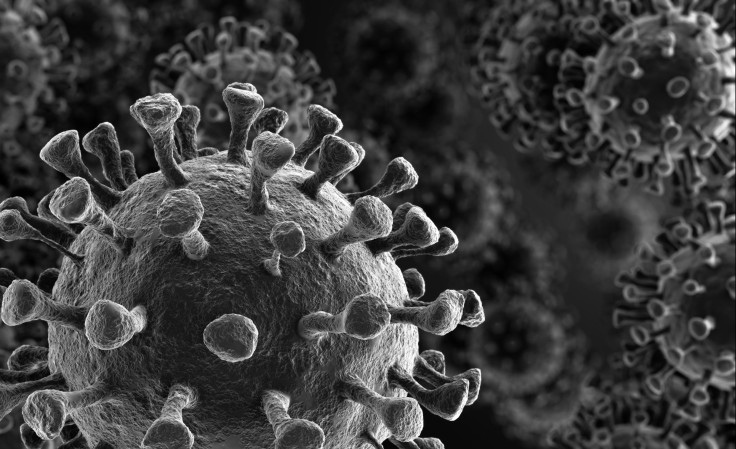Whether people exposed to novel coronavirus will or can develop long-term immunity against COVID-19 has remained one of the biggest mysteries. However, a recent study has confirmed that people may indeed develop immunity against coronavirus disease that may last for years.
Several studies have been conducted so far on the antibodies produced by humans against coronavirus as they get exposed to it. However, most of the studies did not take into consideration the complexity of the human immune system and the multilayered defense mechanism against the invading pathogens.
A recent study published in the journal Cell indicates that all people who are exposed to novel coronavirus – even those who are asymptomatic or have mild symptoms – develop T-cells that act as a memory and help fight coronavirus if the same person is exposed to the pathogen again in the future.
Memory T-cells are responsible for hunting down pathogens when the hose is exposed to it again in the future. Additionally, it provides information to another type of immune cells called B-cells about how to create new antibodies against the pathogen.
"Memory T cells will likely prove critical for long-term immune protection against COVID-19,” the authors wrote in the study. They further added that memory T cells may help prevent recurrent episodes of coronavirus infection.
The scientists attribute this to the property of the T cells and their ability to remain a part of the human immune system for years. Antibodies, on the other hand, may diminish over a while after infection.
The authors based their conclusion on the study of blood samples of 206 Swedish citizens who had confirmed COVID-19 of varying degrees in terms of severity. Irrespective of whether the patient had recovered from mild or severe symptoms, they all had developed quite a strong T-cell response.
The team found that even the patients who did not test positive for coronavirus antibodies had developed memory T-cells, indicating that it may help prevent future infections.

© 2025 Latin Times. All rights reserved. Do not reproduce without permission.




